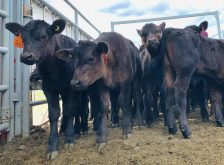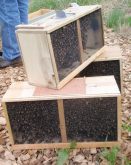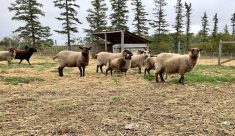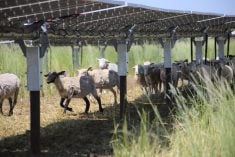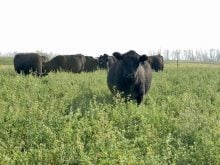When government interferes in the free market, farmers get hurt and the poor see no change in their fortunes
Iwas recently travelling in Argentina, a land of intense possibilities.
Running from the Tropic of Capricorn to the end of the earth, Argentina has soil and climate suitable for a wide variety of crops. In the subtropical northwest, cattle, goats, sugar cane, wine, avocados, tobacco, citrus fruits and olives are produced. The arid central Andes produces wine, olives, fruits and vegetables, while the massive northeast region features subtropical forest, fruits, sugar cane, cotton, tea (yerba maté is the traditional drink), tobacco and subtropical livestock. Most of the exportable grains are grown in the pampa region. Argentina’s main export is soybeans, which are grown on 13 million hectares, followed by wheat (nearly seven million hectares). In addition to these two main exports, the black soil of the pampas grows corn, sunflowers, sorghum and supports a huge beef industry along with poultry, swine and fruit. The wilds of the Patagonia region house more beef cattle, sheep, fruit and vegetables. Fishing and oil are also important industries for this area.
Read Also
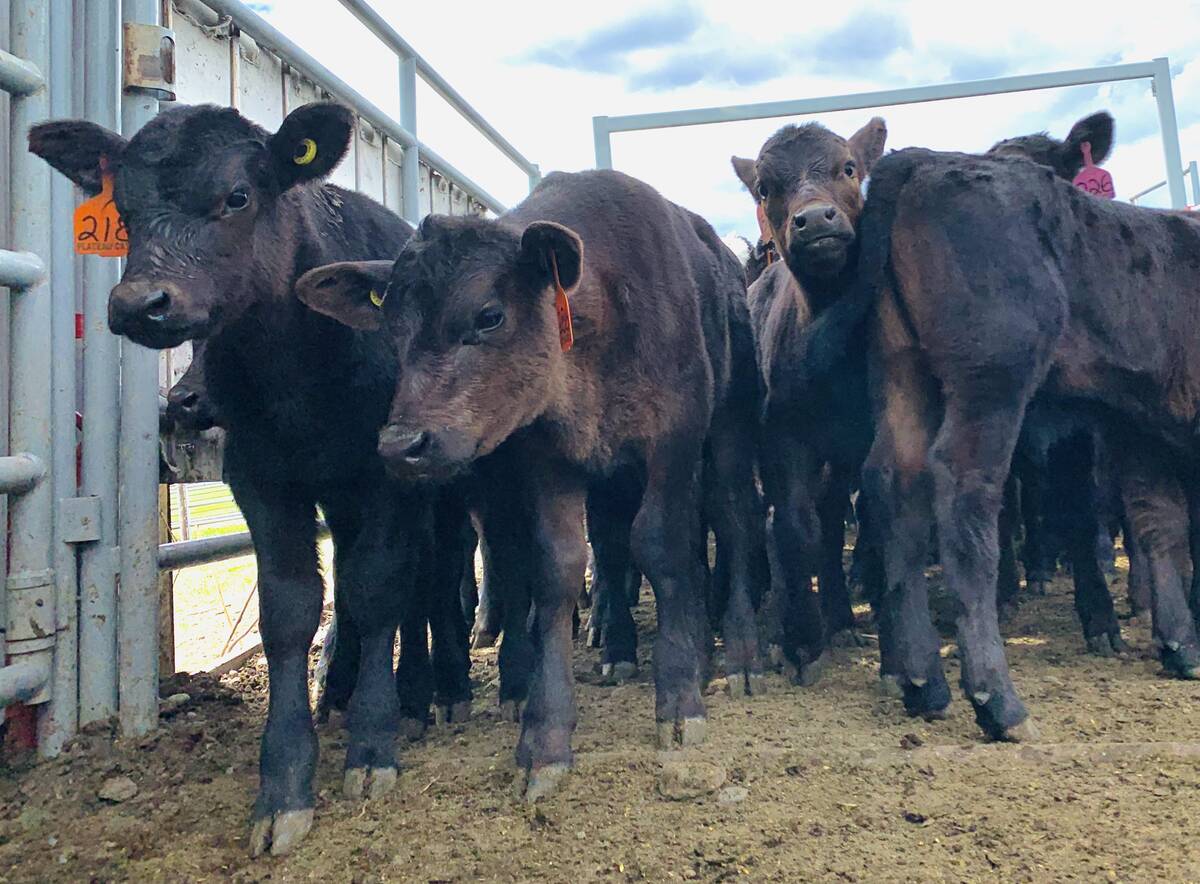
How ‘care and compassion’ protocols drive performance at this Alberta ranch
Plateau Cattle Company says lowering stress in calves using science-based practices leads to higher weaning weights and better animal health.
Imagine the pampas with her vast properties of grass and grain combined with state-of-the-art farming, world-class cattle (mostly Black Angus), beautiful equipment and storage facilities, excellent roads, free education and passionate farmers and you get a glimpse of what Argentina could be. Yet the grain from last year sits in the bin. Co-operatives struggle to get product sold so smaller farmers can survive. Large farms are fraught with tension and the harvest is now full on. What happened here in this land of such immense opportunity? Government.
Argentina has had a long history of political unrest and some pretty awful times in which many citizens lost their lives. They hurt a long and old hurt. They hurt for the crimes against the people, they hurt for the attacks from enemies and they hurt for their beloved agriculture. Just when Argentina was a world export contender, President Cristina Fernández de Kirchner changed the face of agricultural trade policy to a sovereign policy of feeding all her own people. With the average monthly wage at $500 and food prices continuing to rise, the move has done little to alleviate poverty. It has, however, caused commodity prices to tank for all agricultural crops, especially corn and beef.
In another part of the world, Indonesia decided to do the same. The ruling government decided that food security lay in food sovereignty. The difference was that Indonesia cannot produce enough of many products, including beef to feed the population. The blow was felt on the economic side in Australia, which targets much of their beef export to Indonesia. But the poor continue to suffer and the ruling president has said, “Let them go without if they can’t afford it,” in reference to access to protein. Slashing the quota by 50 per cent to Australia doubled consumer prices, so beef now sells at $10 a kilogram in a country where the average monthly wage is $200 a month. The government argues it is not an issue of supply, but a technical problem of distribution. No effort, though, has been made to fix the so-called distribution problem. Even the U.S. was offended and laid a complaint at the feet of the WTO, but countries can enforce food sovereignty. When, how and why they do it is a critical piece of a successful balance.
Indonesians will starve but Argentineans will not. The poor will just be forever poor and the rich will be stressed a little until policy changes. Regardless of the country, the people themselves feel forgotten and removed. Argentineans are proud of their agriculture; from city street to windy plain, agriculture is a passion and deeply respected. The folks I talked to were confused about how a leader could not know and respect the economic backbone of the country. With a population of nearly 41 million, Argentina has enough beef to support its current 125 pounds per capita (three times what we eat in Canada). The grass-fed and fire-roasted beef is delicious and ever present. But that’s not the point. The point is that the poor still can’t afford it and the farmer is losing traction. With 5,000-hectare blocks of land in the pampas, you can’t just pile it all on the ground, year after year.
I watched the infamous livestock auction in Buenos Aires. The auction is done on catwalks from above and the auctioneer more or less tells the buyer what he will pay. It takes about 10 seconds to sell the whole pen. He then slams a bat on the steel and off to the next one. There is no real bidding. But it all happens here — in the heat, in the old way — regardless of what the farmer has done to improve his genetics or salability. It is a weak link in the system but not nearly as severe as the failings of overall agricultural policy. The importance of good government and of our full engagement was brought home to me in a statement made by a young farmer and cattleman when he said, “We have a good country, we are good people, just think of what we would be with good government.”



